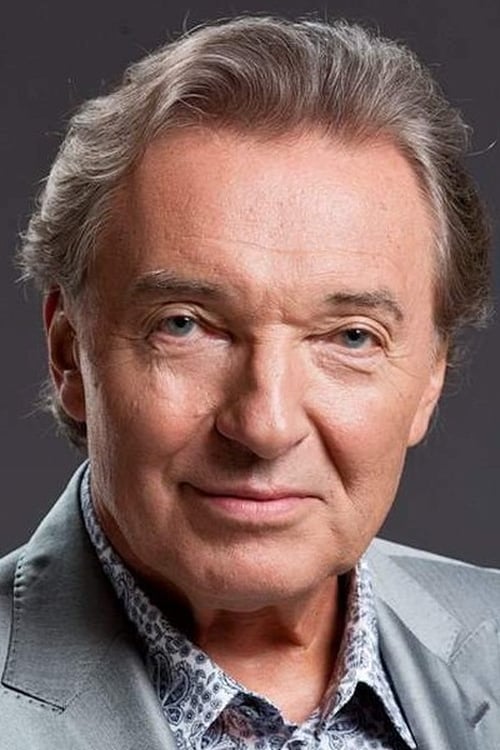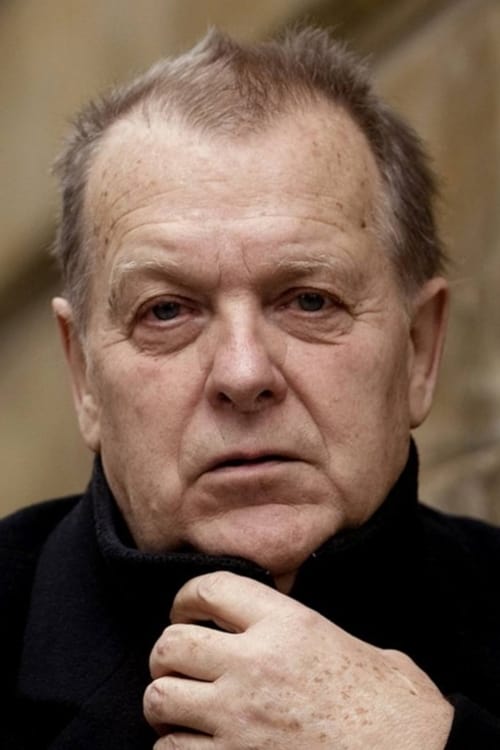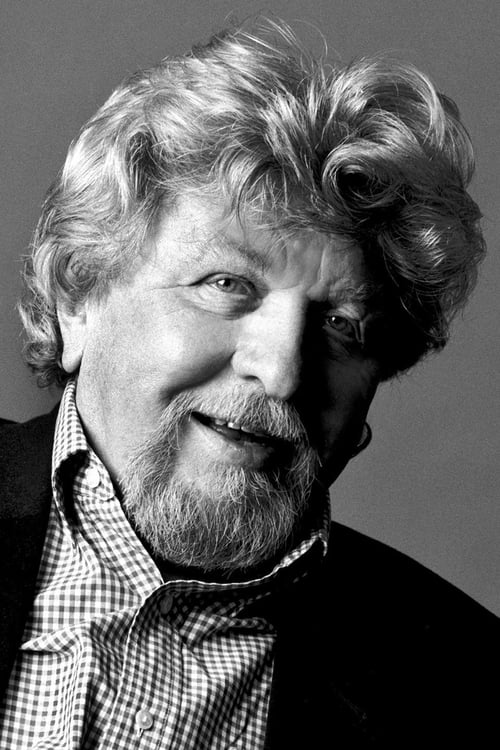Os Mártires do Amor (1967)
We are all...
Gênero : Romance, Comédia
Runtime : 1H 11M
Director : Jan Němec
Escritor : Jan Němec, Ester Krumbachová
Sinopse
Esta balada em três partes, que muitas vezes usa a música para substituir o diálogo, continua a ser a forma de realização mais perfeita da visão de Nemec de um mundo de filmes independentes da realidade. Montando uma defesa de indivíduos tímidos, inibidos, desajeitadas, e mal sucedidas, os três protagonistas são uma antítese completa dos heróis industriosos de estética socialista. Os Mártires do Amor consolidou a reputação de Nemec como o tipo desenfreado não-conformista do estabelecimento Comunista considerado o mais perigoso para a sua ideologia.
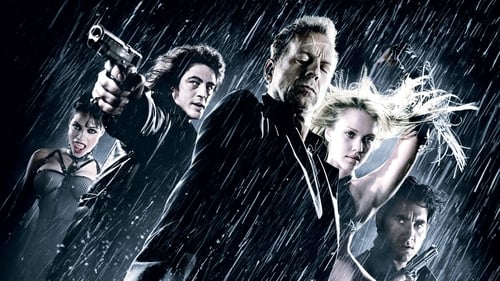
Um misterioso vendedor narra uma trágica história de co-dependência enquanto um vigilante mergulha no submundo à procura de seu amor perdido. Em outra parte da cidade, um policial persegue um assassino de crianças e uma ex-prostituta escapa de seu cafetão com a ajuda do novo namorado.
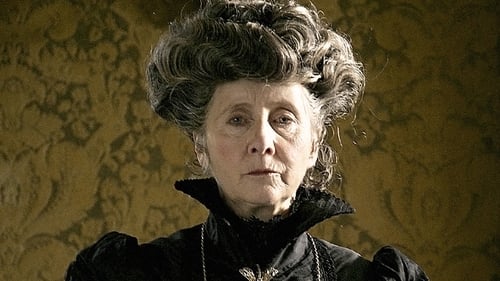
On a train journey, Saki meets Mrs De Ropp, an oppressive aunt and guardian to an unruly brood. Inspired by the meeting, he imagines a tale of repressed children who find solace in their childish wonder, and are saved by their imagination.

Two closely related episodes. Youths make problems for two local orchestras about to compete nationally, and in a talent competition a young girl gets stage fright, while another lies to her boss to compete.

In this antological film, four fairy tales from the book by Jan Werich, each one by a different director.
Břetislav Pojar directs the story of Thumbelina, Aurel Klimt "The Hunchbacks of Damascus", Vlasta Pospíšilová "Three Sisters and a Ring" and Jan Balej close the film with "The Sea, Uncle, Why is it Salty?".
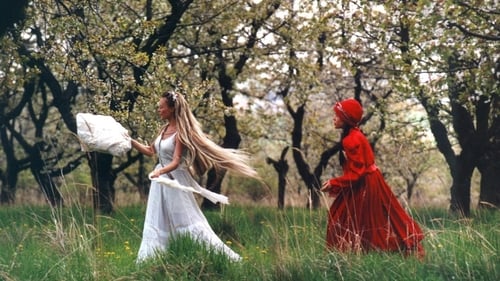
Seven seemingly unconnected fairy tales - glued together only by folklore, mood, color and light - make up this Czech collection of visual poetry. The original piece of literature, written by Karel Jaromír Erben in 1853, contained twelve tales.

May 1945. On the outskirts of Prague, ordinary people meet Soviet soldiers-liberators with tears of joy in their eyes. In the early days of the lull, someone sadly recalls a pre-war life; someone unexpectedly meets his love; someone is returning from enemy dungeons looking hopefully into the future; and someone, having moved from a tank into a Czech tram, warmly recalls his craft as a car driver... These days, all those who survived the Great War fire swear an oath to keep peace on Earth forever, honoring the memory of those who gave their lives for simple human happiness.
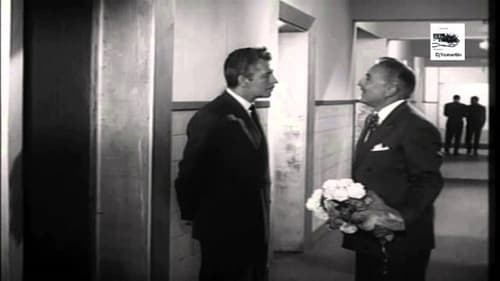
This film tells several short stories that end up lapsing in the emergency room of a hospital, because it is dedicated to nurses. Cantinflas appears at the end of the film playing the role of Luis, a man who has five daughters and looks forward to a boy, but fate plays a trick and the child dies at birth, but history gives a nice twist and a message of hope.
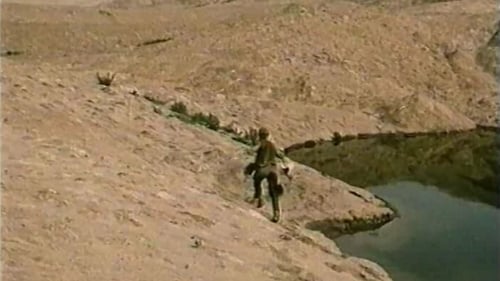
An apocalyptic story of three wars in three film tales encompassing the end of the WWI,WWII, as well as a vision of the world destroyed by nuclear weapons. This film was honored at the film festivals in Venice and Sorrento. Immediately after that the copy with Italian subtitles was locked in a safe as evidence of the anti-communist activities of the director, who used real footage of the Soviet invasion.

This three-part Austrian/Czech comedy stretches the boundaries of what is considered to be humorous. Part one finds a silent film actor upset because of a rival actor's attention to the former's wife. When he kills his rival, it is only when he is strapped to the electric chair that he realizes that this is his last live scene. The second episode has the wife of an elderly British nobleman having an affair with the young gamekeeper of their estate. Part three finds a peasant woman taking a lover when her husband goes off to fight the war.

"Using the same, three times repeating dialogue – dramatic conversation between man and woman – Jerzy Skolimowski from Poland, Slovak director Peter Solan and Czech director Zbynìk Brynych shot three different stories. The result was an extraordinary experiment in the world cinema, which we can call an insight in the relationships of men and women of different age groups, an analysis of love and marriage of those who are at the beginning, in the middle or going towards the end of their life."
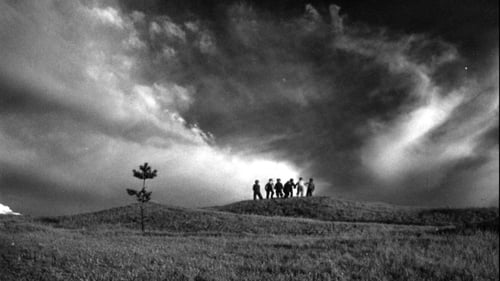
A poignant overview of how short life can be, this interesting drama from Czech director Vojetch Jasny is divided into four separate segments. In the first skit, a young child's impressions are observed as his newborn baby sister becomes a part of the family. In the second, a young woman falls in love for the first time one summer, and in the third, a tough, older peasant woman battles against the farming cooperatives. Finally, in the last segment, everything comes full circle as a woman who is about to become a grandmother dies while her daughter-in-law has not yet given birth.
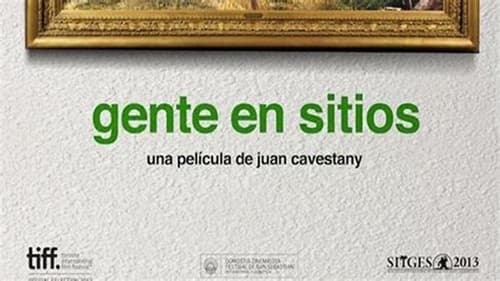
A fragmented view of contemporary Spain, drawing conclusions about the persistence of the human condition, strangeness, and the chaos within relationships.

A verger, who likes to dress as a priest, is invited, by one of the villagers, to be the pastor at a vacant church. The atheist teacher resents the pastor, and tries to embarrass him in various ways, including being caught with the local girl, Majka.
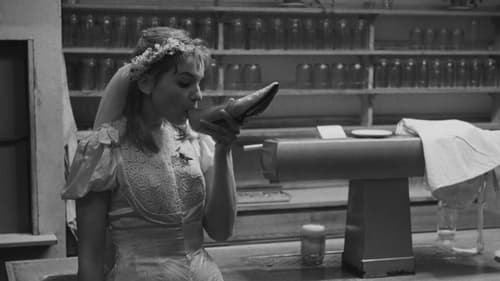
A manifesto of sorts for the Czech New Wave, this five-part anthology shows off the breadth of expression and the versatility of the movement’s directors. Based on stories by the legendary writer Bohumil Hrabal, the shorts range from the surreally chilling to the caustically observant to the casually romantic, but all have a cutting, wily view of the world.

Set along the southern coast of Vietnam during the French occupation in the 1940s, water is everywhere, giving life and bringing decay and rot. Kim is 15; his father and step-mother have two buffalo, their lifeline as subsistence rice farmers. During the rainy season, there's no grass and the buffalo are starving. Kim volunteers to take the beasts inland to find food. On this coming-of-age journey, Kim sees men mistreat women, men fight with men, and French taxes rob the poor. He works for Lap, a buffalo herder whose past is entangled with Kim's parents, and he makes friends who will lead him to his place in the world.


Three stories ; The Garden of Eden, The Open Country of a Lonely Man, Riedgost ; introduce the youngest generation of Czech filmmakers. They are linked through the similarity of their story-telling poetic and their interest in uncommon environments and heroes. The filmmakers' results confirm the saying that what we long for most is often sitting right in front of our eyes.



